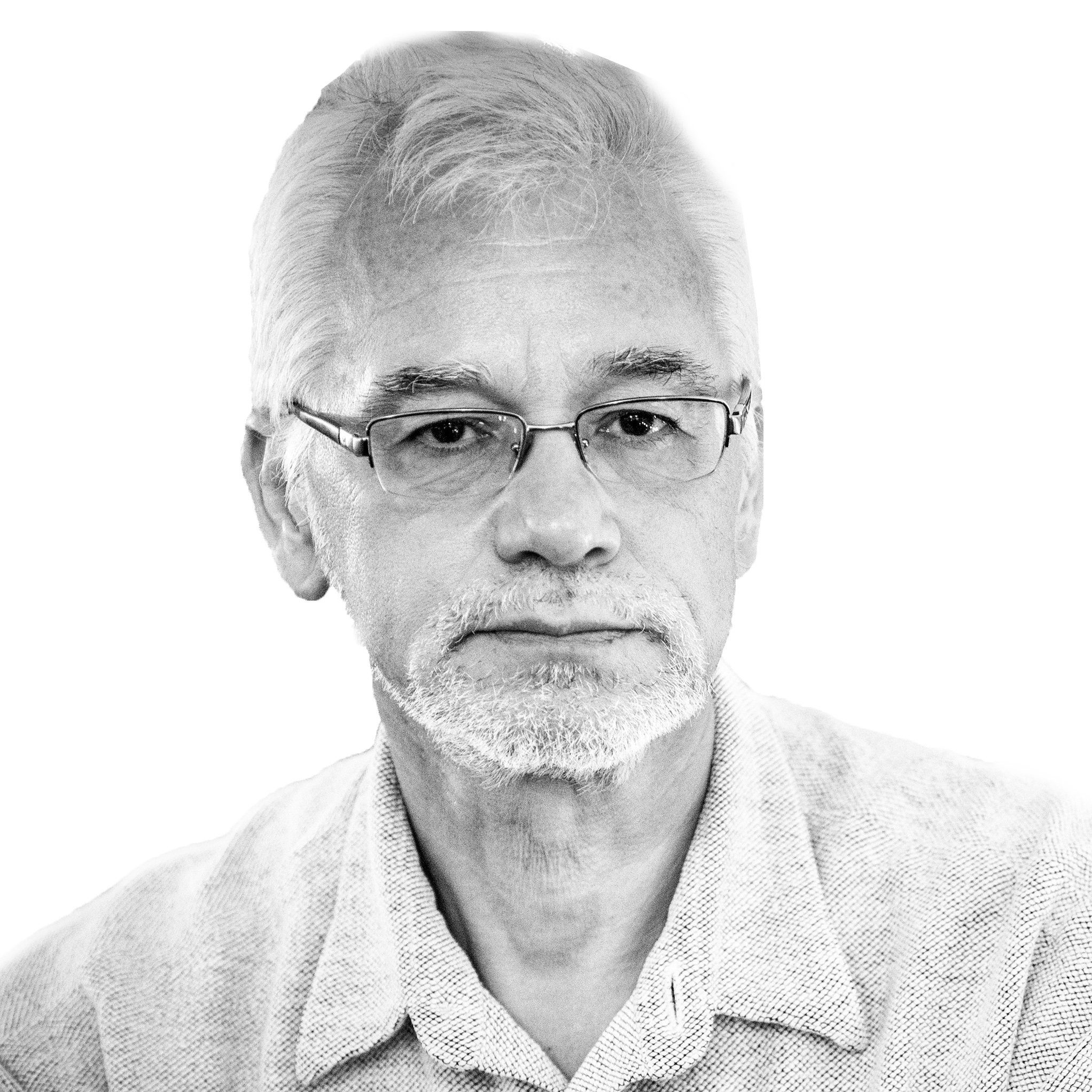ISTANBUL — Is NATO ally Turkey on track to become a country under one-man rule?
With parliamentary elections scheduled for June 7, President Recep Tayyip Erdogan is trying to cement his all-powerful role in Turkish politics by sending his son-in-law to parliament. Berat Albayrak, 42, a former executive turned newspaper columnist—who is married to Erdogan’s older daughter, Esra—is running for a seat for Erdogan’s ruling Justice and Development Party (AKP) in Istanbul. Some media reports suggest Albayrak could be promoted to a ministerial post after the vote.
Other Erdogan confidants on the AKP ticket, which was published this past week, include Mucahit Arslan, an adviser, Aydin Unal, a former speechwriter, and Ali Ozkaya, Erdogan’s lawyer.
Although the constitution says the president has to be above politics, Erdogan, who was elected president last August, continues to control the ruling party and to direct the government of his successor as prime minister, Ahmet Davutoglu. Erdogan has chaired two cabinet meetings as president this year. The president has also openly campaigned for the AKP ahead of the June elections. In a speech on Wednesday, he accused opposition parties and media of supporting terrorism.
Erdogan, 61, aims for a big win for the APK in June to push through constitutional changes to change Turkey’s system of government, moving it from a parliamentary to a presidential one—with himself at the top, of course. He says he wants 400 out of 550 seats in the new parliament filled with deputies who support the switch to the presidential system.
“We have gone as far as we can with the present system,” Erdogan said in his speech on Wednesday, repeating his mantra that only a presidential order can deliver the sort of efficiency and speedy decisions needed to make Turkey a great power. “If we want to move ahead, we have to change the system,” Erdogan said.
Critics say Erdogan is hoping for a presidential system without the sort of checks and balances that limit the power of the head of state in the United States and in other countries. After wide-ranging purges in Turkey’s police force and in the judiciary last year, which resulted in important posts being filled with Erdogan loyalists, opposition politicians say an unhealthy concentration of power is underway.
“Mr. President is trying to create a constitutional dictatorship by collecting all the power for himself,” Selahattin Demirtas, the leader of Turkey’s main Kurdish party, the Peoples’ Democratic Party (HDP), told the AFP news agency. Demirtas said Erdogan is already ignoring the present constitution that gives the president a largely ceremonial role. “Turkey will face big challenges if someone who does not recognize the constitution today brings in one-man rule under the pretext of presidential system tomorrow.”
Fears about Erdogan’s boundless ambition have been fanned by a new security law, passed with the AKP majority in parliament. The law gives police wide powers to search and arrest suspects and makes it easier for officers to use deadly force during unrest. Metin Bakkalci, secretary general of Turkey’s Human Rights Foundation, told The Daily Beast the new law had all the hallmarks of a police state. “Freedom of expression and freedom of assembly are being abolished, while the lives of protesters are in danger,” Bakkalci said. “Turkey is moving towards an authoritarian regime.”
Even without the new police law, it is becoming harder to express disagreement with the president, critics argue. The Istanbul Bar Association has counted more than 80 trials against activists, cartoonists, and journalists accused of insulting Erdogan since he became president last year. In some cases criminal investigations were started after complaints by the president’s personal lawyers. Last month, even a 16-year-old teenager went on trial for hurling insults at Erdogan.
But there are signs that even loyalists are getting fed up. For the first time since the AKP came to power in 2002, members of the government have spoken out against Erdogan’s constant meddling. When Erdogan last month complained about the government’s handling of peace talks with Kurdish guerrillas, aimed at ending a 30-year rebellion, Deputy Prime Minister Bulent Arinc, a co-founder of the AKP, said Erdogan should keep out of it as the peace talks were the responsibility of the government.
The president pushes on regardless, but pollsters and some observers say Erdogan may see his dreams come crashing down on Election Day in June.
Even polling firms seen as being close to Erdogan predict that the AKP will fail to win the 400 seats demanded by the president, while opposition parties say they are not interested in helping Erdogan to pass constitutional changes to implement his presidential master plan.
Surveys agree that the AKP is likely to remain Turkey’s strongest political force, but some say the Erdogan party might drop to 45 or 40 percent of the vote, from almost 50 percent in the last elections in 2011.
Things could get worse for Erdogan if Demirtas’s Kurdish HDP clears the 10 percent threshold that Turkish parties need to cross to be represented in parliament. Such a success by the HDP would change the arithmetic of seats in the new chamber and could see the AKP drop below 312 seats, its present strength in parliament. Pollsters say the HDP has a chance to rake in more than 10 percent.
In the end, the election result and the fate of Erdogan’s grand plan will depend on whether voters would like to see his ambitions checked after dominating Turkish politics for more than 12 years or whether they are happy to continue with a strongman, says Okay Gonensin, a columnist at the Vatan daily in Istanbul. “It all boils down to the question if Turks are getting sick of Erdogan or not,” Gonensin told The Daily Beast.





